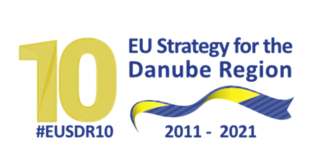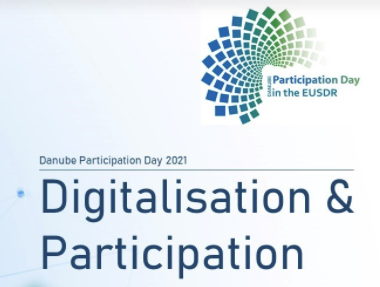Within the framework of the pilot project DANECT, people of all ages, but especially seniors, from the Danube region come together to connect despite the social isolation in times of Corona crisis. With the help of online video meetings, they share their interests, emotions, but also competencies. To participate, you need a PC or laptop with a camera or microphone, alternatively a tablet or a smartphone and an internet connection.
There are numerous activities within the project, such as:
– The Come Together Sessions: Every second Sunday the Danube-Networkers invite people from the Danube countries and all over Europe to an online session “Come together – Connecting people by culture in times of Corona”. A colorful program is organized via the video conference system Zoom. There is something for everyone – music presentations, singing, dance, presentations about traditions from different countries (e.g. traditional festivals, cultural customs, etc.) or even breath-relaxation exercises. These are not contributions from professionals out of the box, but according to the motto “from friends for friends!” members of the transnational network and guests design the program themselves.
– Working groups: Powerful women, women’s history along the Danube and Europe. Interested in women’s history and want to share knowledge in an international working group? Join this working group and get to know powerful women, that played an important role in the 19th to the 21st century in your or other countries along the Danube and in Europe.
– Sharing traditions and cultural treasures – a get together: How does intangible culture connect us as Europeans? What customs and traditions can we learn from our Danube Neighbours? We would like to start a working group where we talk and share cultural treasures with each other based on different topics: for ex. special holidays, festivals and customs in your countries, most famous cultural treasures of your country etc. We invite you for a get-together to discuss ideas for the upcoming working groups.
– Language conversation groups: Ongoing small conversation groups to refresh the language skills, moderated by native speakers. Current courses: English and French.
Go to the project website: www.danect.eu




